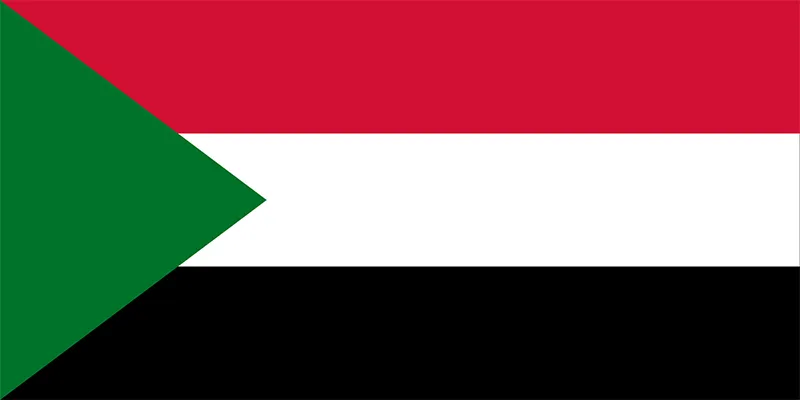The UN Security Council voted on Wednesday to renew the sanctions regime on Sudan that has been in place since 2005 in response to the conflict in Darfur. The Council decided to extend the mandate of the panel of experts responsible for monitoring the implementation of arms embargoes and economic sanctions on several countries in crisis or conflict situations. The mandate has been renewed by several successive texts voted against Sudan over the past 18 years. The new resolution, numbered 2676, extends the mandate until 12 March 2024.
Russia abstained from the vote on Wednesday and its Foreign Minister Sergei Lavrov, who was in Khartoum in early February, said he supported Sudan’s call to lift the UN sanctions. Similarly, China’s representative, Geng Shuang, abstained, citing that the sanctions are outdated and should be lifted in light of the improvement of conditions on the ground in Darfur.
The conflict in Darfur has been ongoing for almost two decades and has resulted in the displacement of millions of people and thousands of deaths. The crisis began in 2003 when rebels from the region’s ethnic minority groups launched an armed uprising against the Arab-dominated Sudanese government, which they accused of marginalizing them.
The government responded with a brutal crackdown, which led to the formation of armed militias known as the Janjaweed. These militias, allegedly armed and supported by the government, have been accused of committing atrocities against the civilian population, including rape, murder, and forced displacement.
The conflict in Darfur quickly gained international attention, with many countries and organizations calling for an end to the violence and for the perpetrators to be held accountable. In response, the UN Security Council imposed sanctions on Sudan in 2005, including an arms embargo and economic sanctions, to pressure the government to end the conflict and hold those responsible accountable.
The impact of the sanctions on Sudan has been significant, with the country’s economy and people suffering the consequences. Sudan, one of the world’s poorest countries, has been rendered bloodless by years of US economic sanctions under Omar al-Bashir. The post-Bashir democratic transition offered hope, with Washington removing Sudan from its list of state sponsors of terrorism in 2020 and international aid returning at a rate of $2 billion annually.
However, the recent coup led by army chief General Abdel Fattah el-Burhane has interrupted that transition and the flow of aid, which will only resume if civilians regain power, donors warn.
The renewal of the sanctions on Sudan despite Russia and China’s objections highlights the ongoing conflict in Darfur and the need for continued international pressure on the Sudanese government to end the violence and hold those responsible accountable. While some may argue that the sanctions are outdated, the history of the conflict in Darfur shows that there is still much work to be done to achieve lasting peace in the region.




